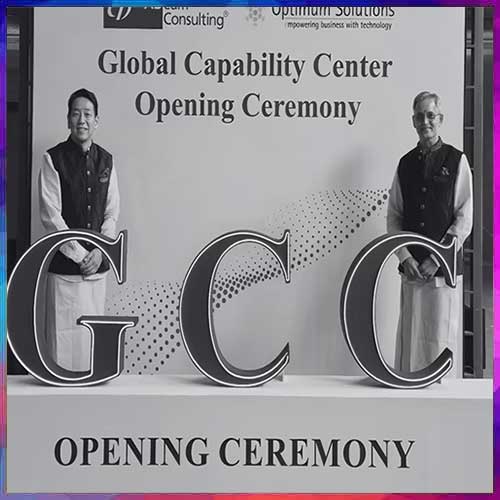
Bill Gates, the co-founder of Microsoft and one of the world’s leading philanthropists, has recently found himself at the center of controversy after referring to India as a "laboratory to try things." In a recent podcast with Reid Hoffman Bill Gates' said, "India is an example of a country where there's plenty of things that are difficult there - the health, nutrition, education is improving and they are stable enough and generating their own government revenue enough that it's very likely that 20 years from now people will be dramatically better off and it's kind of a laboratory to try things that then when you prove them out in India, you can take to other places.” As it went viral, the statement “kind of laboratory to try things.” didn’t sit well with the many Indians.
The comment, made during a discussion about global innovation and development, has sparked widespread criticism on social media and beyond, with many accusing Gates of portraying India as an experimental ground rather than a sovereign nation with its own identity and challenges. While the intent may have been to praise India’s capacity for scaling and innovating, the phrasing of "laboratory to try things" has drawn ire for being dismissive of the country’s complexities and its people's agency.
Critics argue that Gates’ statement reduces India to an experimental field for ideas originating in the West. Many Indians took to social media to express their disapproval, accusing him of perpetuating a colonial mindset. The comment was seen as undermining India’s autonomy and contributions to global innovation, portraying it instead as a place to conduct trials without adequate consideration for its citizens' well-being.
On the other hand, some have defended Gates, suggesting that his remark was taken out of context. They argue that his philanthropic work, particularly through the Bill & Melinda Gates Foundation, has positively impacted millions of lives in India. From health initiatives like polio eradication to agricultural programs, Gates’ contributions are seen by supporters as evidence of his genuine commitment to India’s development.
This controversy underscores the need for foreign leaders and philanthropists to approach their narratives about India with cultural sensitivity. It also serves as a reminder that words matter, especially when spoken by influential figures like Bill Gates. While his work has undoubtedly benefited India, it’s crucial for global leaders to ensure their statements reflect a nuanced understanding of the countries they collaborate with.
Gates has not yet responded to the backlash, but the incident has sparked important conversations about how the world perceives India’s role in global innovation and development. Gates’ remark, whether intentional or not, highlights the delicate balance global leaders must maintain when discussing nations like India, which are more than mere testing grounds—they are vibrant, evolving entities shaping the future of the world.
See What’s Next in Tech With the Fast Forward Newsletter
Tweets From @varindiamag
Nothing to see here - yet
When they Tweet, their Tweets will show up here.





























